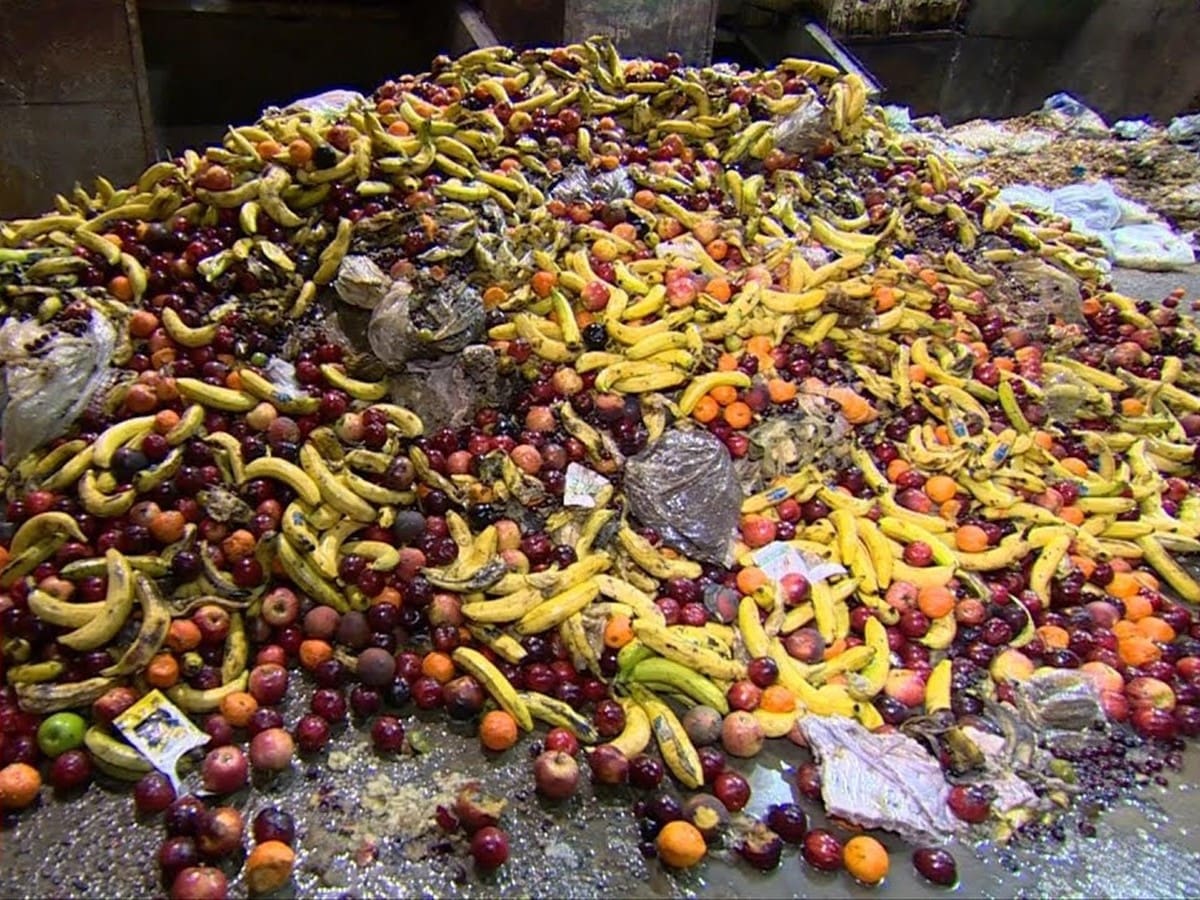Households across all continents wasted over one billion meals a day in 2022, while 783 million people were affected by hunger and a third of humanity faced food insecurity. Food waste continues to hurt the global economy and fuel the climate crisis, nature loss, and pollution. These are the key findings of a UN Environment Programme (UNEP) food waste report published on Wednesday 27 March, ahead of the International Day of Zero Waste.
UNEP food waste report
The UNEP Food Waste Index Report 2024, co-authored with WRAP, provides the most accurate global estimate on food waste at retail and consumer levels. It provides guidance for countries on improving data collection and suggests best practices in moving from measuring to reducing food waste.
In 2022 there were 1.05 billion tonnes of food waste generated (including inedible parts), amounting to 132 kilograms per capita and almost one-fifth of all food available to consumers. Out of the total food wasted in 2022, 60% happened at the household level, with food services responsible for 28 per cent and retail 12 per cent.
Inger Andersen, executive director of UNEP, said:
Food waste is a global tragedy. Millions will go hungry today as food is wasted across the world. Not only is this a major development issue, but the impacts of such unnecessary waste are causing substantial costs to the climate and nature.
The good news is we know if countries prioritise this issue, they can significantly reverse food loss and waste, reduce climate impacts and economic losses, and accelerate progress on global goals.
One billion meals wasted
Key points from the report include:
- In 2022, the world wasted 1.05 billion tonnes of food. This amounts to one fifth (19%) of food available to consumers being wasted, at the retail, food service, and household level. That is in addition to the 13% of the world’s food lost in the supply chain, as estimated by FAO, from post-harvest up to and excluding retail.
- Most of the world’s food waste comes from households. Out of the total food wasted in 2022, households were responsible for 631 million tonnes equivalent to 60%, the food service sector for 290 and the retail sector for 131.
- Reducing food waste provides compounding benefits: Food loss and waste generates 8-10% of global greenhouse gas (GHG) emissions – almost five times the total emissions from the aviation sector. It occurs while 783 million people are hungry and a third of humanity faces food insecurity.
- Households waste at least one billion meals a day: On average, each person wastes 79kg of food annually. The equivalent of at least one billion meals of edible food is being wasted in households worldwide every single day, using a very conservative assessment on the share of food waste that is edible. This is the equivalent of 1.3 meals every day for everyone in the world impacted by hunger.
- Food waste is not just a ‘rich country’ problem. Following a near doubling of data coverage since the 2021 Food Waste Index Report was published, there has been increased convergence in the average per capita household food waste. High-income, upper-middle income, and lower-middle income countries differ in observed average levels of household food waste by just 7 kg/capita/year.
UNEP food waste report: countries lack ‘adequate systems’
Since 2021, there’s been a strengthening of the data infrastructure with more studies tracking food waste. Globally, the number of data points at the household level almost doubled.
Nevertheless, many low- and middle-income countries continue to lack adequate systems for tracking progress to meet Sustainable Development Goal 12.3 of halving food waste by 2030, particularly in retail and food services.
Only four G20 countries (Australia, Japan, UK, the US) and the European Union have food waste estimates suitable for tracking progress to 2030. Canada and Saudi Arabia have suitable household estimates, with Brazil’s estimate expected late 2024. In this context, the report serves as a practical guide for countries to consistently measure and report food waste.
Food must ‘feed people – not landfills’
Harriet Lamb, CEO of UK climate action NGO WRAP, said:
With the huge cost to the environment, society, and global economies caused by food waste, we need greater coordinated action across continents and supply chains. We support UNEP in calling for more G20 countries to measure food waste and work towards SDG12.3.
This is critical to ensuring food feeds people, not landfills. Public-Private Partnerships are one key tool delivering results today, but they require support: whether philanthropic, business, or governmental, actors must rally behind programmes addressing the enormous impact wasting food has on food security, our climate, and our wallets.
Featured image via BBC London – YouTube




